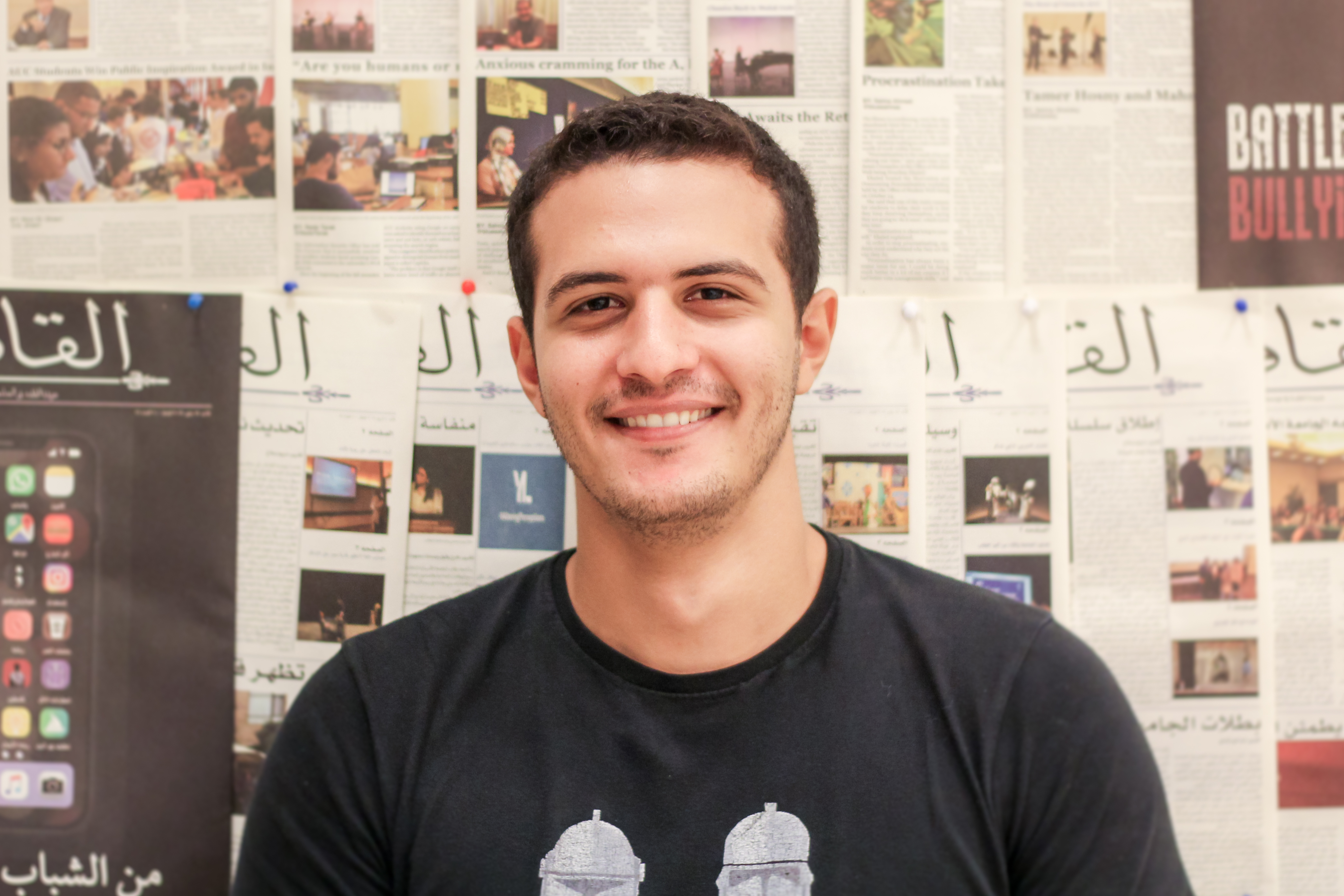Mohamed Youssef
Arts & Culture Editor
I remember as a youngling having a ghost of a memory of my father glued to our TV screen watching CNN. I could not comprehend, at the time, what was so important that we had to miss our Tuesday afternoon family gathering.
As I grew a little older, I came to realize that this day was 9/11. I remember my father explaining to the uninvested youngster that I was why I couldn’t watch any cartoons that day, and why he must stay updated on an event that “the world will never forget”.
When I became more aware as an older critical human being, I completely understood the magnitude of this event. Perhaps 9/11 had many socio-political and economic repercussions but my contemplation led me to an epiphany, the world will never forget 9/11 for the suffering and loss of life it entailed, after all how can such sorrow ever be forgotten?
To me, such a humanitarian catastrophe could never cease to exist from our memories. Certainly, we treat all human loss of life as grief-worthy, do we not? Is it that all humanitarian disasters are created, or more aptly, conceived equally? Part of my contemplation led me to think otherwise.
Just a mere five days after 9/11 in 1982, the massacre of Sabra and Shatila revealed the inhumanity and brutality that people can reach. An orchestrated annihilation of innocent mostly Palestinian refugees in two refugee camps in west Beirut, Sabra and Shatila has been commemorated every year by only a few as a crime against our collective humanity. Most of the casualties were women and children.
As I see my community reviving the memory of 9/11, I also see it neglecting Sabra and Shatila; a disaster that should be part of our collective history. Is it that Sabra and Shatila doesn’t deserve to be remembered in the same way we remember 9/11, or do we selectively differentiate which humanitarian disaster is more worthy of our remembrance?
Sabra and Shatila was not a tragedy; a tragedy in its Hellenistic definition is an unfortunate unavoidable wrongdoing. But Sabra and Shatila, just like 9/11, was orchestrated and executed with preemptive planning and a highly toxic political background. The tragedy in this case is our incognizance to what happened.
We could be apathetic to the Palestinian cause right now, which is a total debacle to our cognition of the past and present (and a totally different argument for another column), but our overlooking of calamities like Sabra and Shatila is a debacle to our cognition of our own humanity.
While every year on 9/11 I’ll reminisce over that distant memory of my father invested in CNN, and how we never made it to our afternoon family gathering, I will remember five days later me writing this article and remember the humanitarian violation that was Sabra and Shatila.
Lest we forget, we must hold up Sabra and Shatila and all human injustice to account, without politicizing or socializing those who lost their lives to wanton violence.
